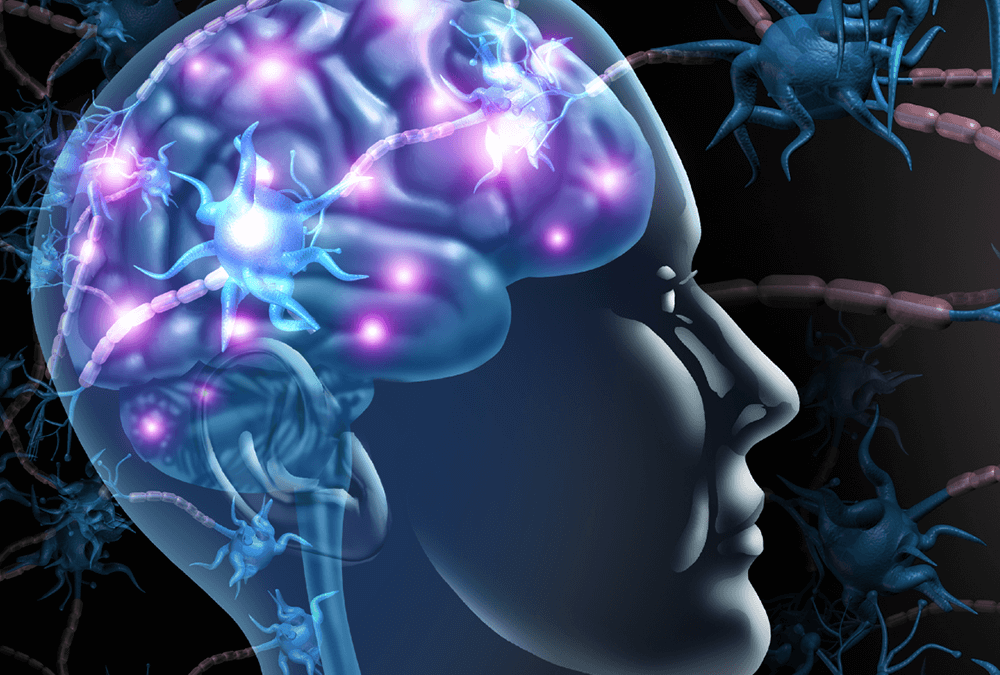Every parent’s worst nightmare is to see their child in pain or distress. This nightmare became a reality for the parents of a 2.5-year-old boy from Germany. Storing his umbilical cord blood at birth proved to be a life-changing decision for this family.
From a seemingly healthy two-year-old to a life-threatening illness. This little boy’s journey began with three days of continuous vomiting, leading to his admission to the hospital. The boy underwent surgery where a twisted loop in his intestine was discovered, resulting in severe bowel obstruction and relentless vomiting. The situation escalated when a portion of his intestine died, triggering a dangerous infection that spread throughout his bloodstream. During his hospital stay, the boy went into cardiac arrest. Miraculously, his pulse and circulation were restored after an intense 25-minute battle involving multiple defibrillation rounds. Surviving a cardiac arrest lasting over 13 minutes is an incredibly rare feat, especially for children.
The boy survived cardiac arrest, and artificial ventilation was continued for five days. When spontaneous respiration occurred, there was no motor activity and only minimal response to stimuli. Brain MRIs revealed severe damage caused by oxygen deprivation. Three weeks after resuscitation, the boy was referred to a rehabilitation centre in a persistent vegetative state.
In the face of these odds, his parents chose hope.
His parents turned to a ground-breaking treatment involving the infusion of cord blood cells that had been collected at birth and cryopreserved at a private bank. Their decision was based on the knowledge that umbilical cord blood is a rich source of stem cells – powerful cells capable of transforming into various types of body cells.
The procedure was carried out at a leading German hospital (Ruhr-University Bochum), under the watchful eyes of top medical professionals. The boy’s cord blood was used to give him a chance at a normal life. The cord blood was transplanted intravenously over 40 minutes, nine weeks after cardiac arrest. Doctors continued monitoring the boy for 36 hours, and he was discharged to the rehabilitation unit.
A remarkable turnaround
In the months that followed, the little boy began showing improvements. His spasticity reduced, motor control improved, and he started responding more to his surroundings. Over time, he regained his eyesight and showed signs of social interaction. His progress was so significant that it contradicted medical expectations based on MRI findings from the late subacute phase, which suggested that his cortical structure abnormalities would limit his recovery.
This remarkable turnaround was not just a victory for the brave little boy and his family but also for medical science and the potential of cord blood therapy. The successful outcome of his case suggests that autologous transplantation of cord blood cells could contribute significantly to functional neuroregeneration in patients. This story underscores the potential of cord blood and the importance of cord blood banking. By choosing to store their child’s cord blood at birth, the parents had unknowingly given their son a chance at recovery when all other options seemed bleak.
At Cells4Life, we are committed to providing state-of-the-art cord blood banking services to give your child the best chance at a healthy future. Because you never know when a decision today can turn into a miracle tomorrow.
Sources:
National Center for Biotechnology Information
https://parentsguidecordblood.org/en/news/cord-blood-rescue-after-cardiac-arrest
FIND OUT MORE, REQUEST YOUR WELCOME PACK TODAY
All you need to know to make an informed decision.
Provide your contact details to request:
– Complete Welcome Pack and Parent’s Guide
– Information via email
– Contact from our specialist advisors








